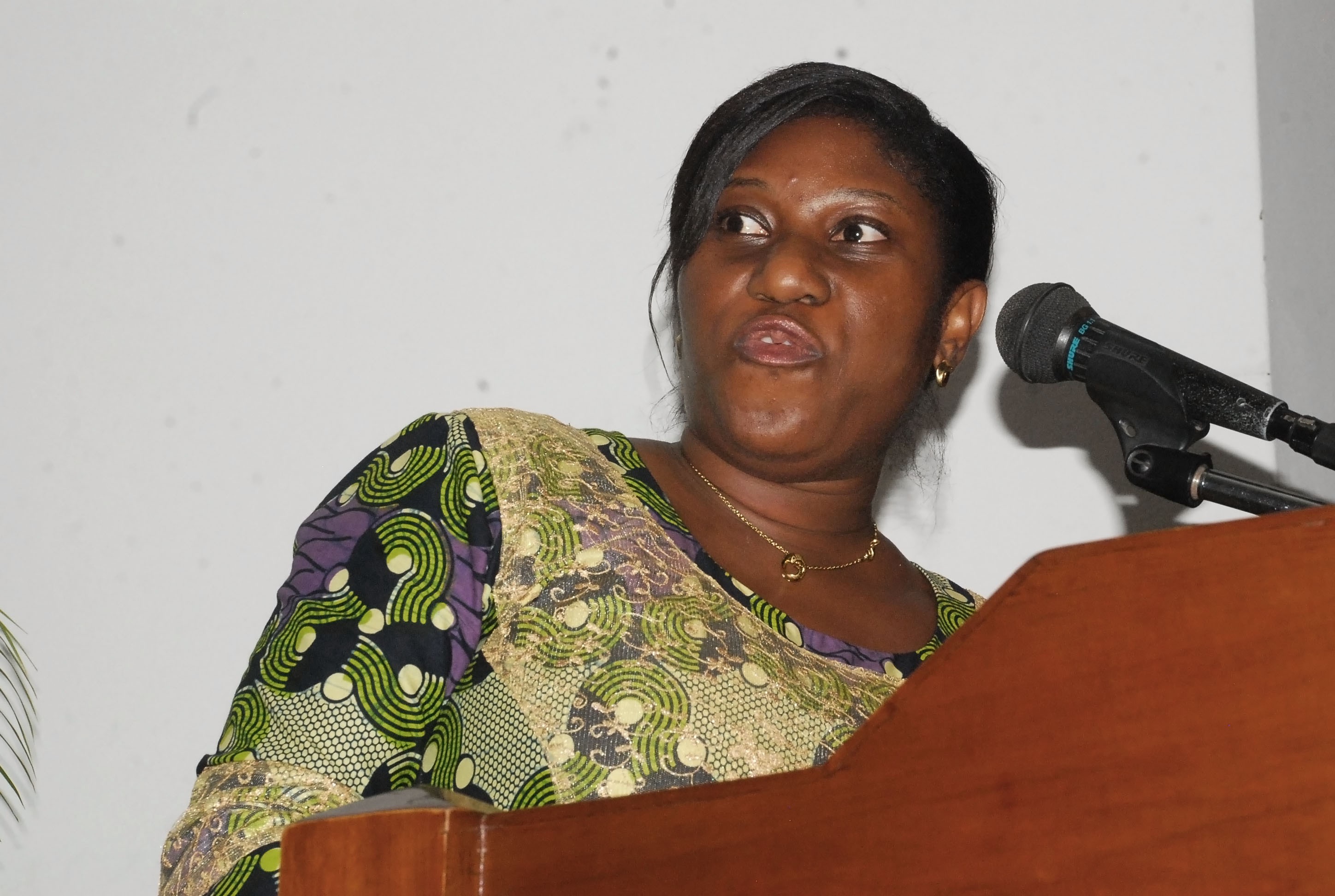Babatunde Fashola, minister of works and housing, says Nigeria can not afford to ignore “life-sustaining” infrastructure amid concerns for high debt profile.
Fashola said this on Tuesday when he appeared before the house of representatives joint committee on rules and debt management to defend President Muhammadu Buhari’s loan request of $22.7 billion.
The president recently wrote the national assembly to approve the request — contained in the federal government’s 2016-2018 external borrowing plan — after it was rejected in the previous assembly.
Buhari had sent a loan request of N29.96 trillion in 2016, but only few projects were approved, leaving the balance at N22.7 billion, according to documents seen by TheCable.
Advertisement
Addressing the lawmakers, Fashola said while concerns for high debt profile are legitimate, every Nigerian wants basic infrastructure such as roads and rail projects.
“As we cannot ignore those concerns about debt, so we cannot ignore the concerns and the demand for the provisions of life-sustaining infrastructure,” he said.
“So, everybody wants a road. Everybody wants a rail project, everybody wants a bespoke and efficient airports.
Advertisement
“We want to ensure that our ports are efficient so that businesses can function more effectively, so that clearing of goods can happen more quickly and cheaply.
“And we are in the midst of these fiscal challenges that she has identified; that the revenues are not just enough to provide all of those needs.”
He said despite the challenge of low revenue, the current administration has committed to addressing “as much of the infrastructure needs as we can accommodate.”
“We are in a place where the choices before us are whether to stop or to continue. If we decide to continue, we must find a way to finance this assets to closure,” he added.
Advertisement
As of June, Nigeria’s total public debt profile was estimated at N25.7 trillion.
Add a comment







